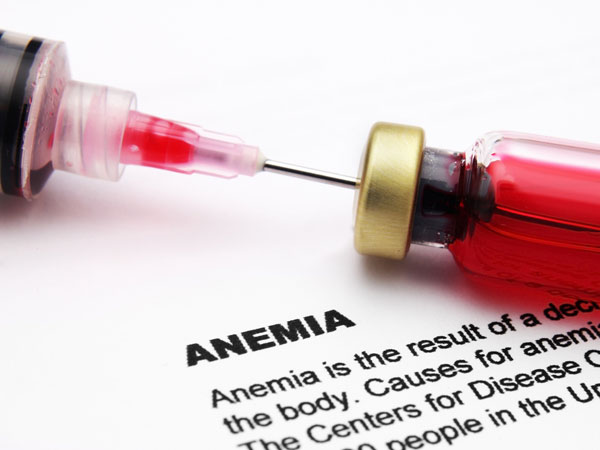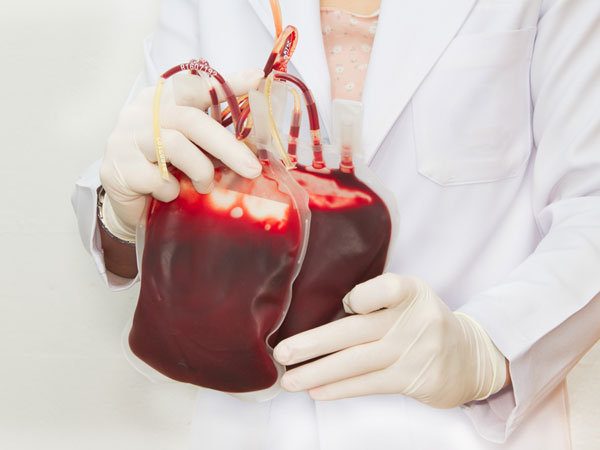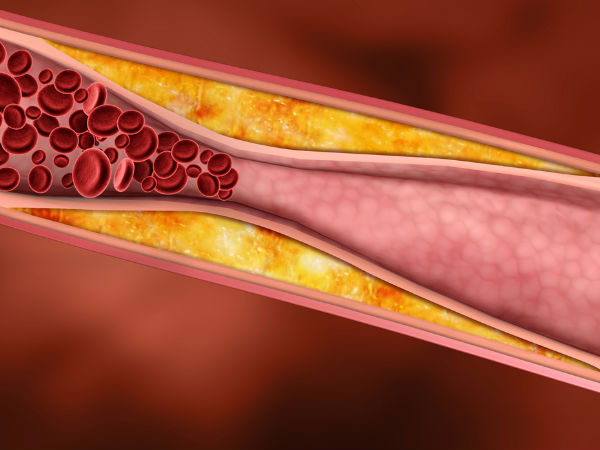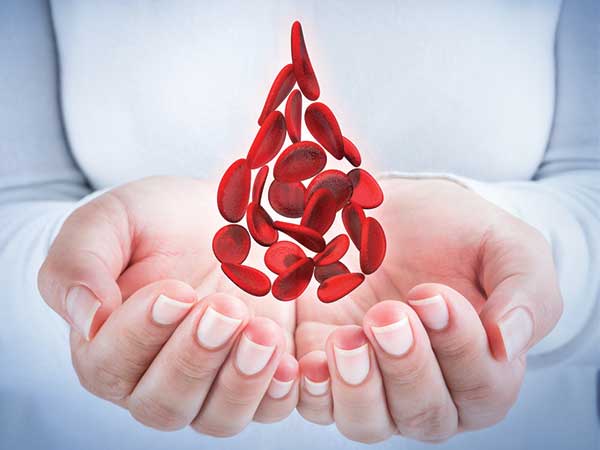Just In
- 1 hr ago

- 2 hrs ago

- 3 hrs ago

- 10 hrs ago

Don't Miss
- Finance
 Intraday Trade Call: Day Trading Stock Picks By Chandan Taparia Of Motilal Oswal On Thurday, 25 April
Intraday Trade Call: Day Trading Stock Picks By Chandan Taparia Of Motilal Oswal On Thurday, 25 April - Automobiles
 New Features Of The Ultraviolette F77 Mach 2: Uniting Performance, Safety, And Technology
New Features Of The Ultraviolette F77 Mach 2: Uniting Performance, Safety, And Technology - Sports
 IPL 2024: Why did Rishabh Pant Apologize to Cameraperson after GT victory?
IPL 2024: Why did Rishabh Pant Apologize to Cameraperson after GT victory? - Movies
 Aadujeevitham Box Office Collection Day 29 Prediction: Strong Overall Performance Amidst Recent Decline
Aadujeevitham Box Office Collection Day 29 Prediction: Strong Overall Performance Amidst Recent Decline - News
 Sonia Gandhi Shed Tears For Terrorists Killed In Batla Encounter: BJP Chief Nadda
Sonia Gandhi Shed Tears For Terrorists Killed In Batla Encounter: BJP Chief Nadda - Education
 JEE Main Result 2024 Out, Telangana's 15 Toppers Shine, Check Statewise List of 56 Candidates with Perfect 100
JEE Main Result 2024 Out, Telangana's 15 Toppers Shine, Check Statewise List of 56 Candidates with Perfect 100 - Travel
 Escape to Kalimpong, Gangtok, and Darjeeling with IRCTC's Tour Package; Check Itinerary
Escape to Kalimpong, Gangtok, and Darjeeling with IRCTC's Tour Package; Check Itinerary - Technology
 OPPO Find X7 Ultra Camera Deep-Dive: Pushing the Boundaries of Photography on a Smartphone
OPPO Find X7 Ultra Camera Deep-Dive: Pushing the Boundaries of Photography on a Smartphone
Types Of Blood Disorders
Any blood-related problems are known as blood disorders. Actually, there are different types of blood disorders and doctors treat them according to the types.
If these problems are treated earlier, patients won't need to go in for a stem cell transplant. Before knowing about the types of blood diseases, let us first have a look at the blood components.
The main ingredients of blood are, red blood corpuscles (RBCs), white blood corpuscles (WBCs), platelets and plasma.
Also Read: 8 Unknown Facts Of Blood Cancer That You Should Know!
Red blood corpuscles are responsible for carrying oxygen to the tissues of your body, while white blood corpuscles fight infections. Platelets help in the formation of blood clots and thus help stop excessive bleeding, in case of an injury.
Any disorder to these components and their activities can cause a severe physical misbalance. Some types of blood disorders are non-cancerous, while some are severe to cause blood cancer.
Apart from these components of blood, any misbalance to the bone marrow, protein component in blood, blood vessels, lymph nodes, etc., are also known to cause blood disorders.
Also Read: Reasons For Blood In Urine
What are the common symptoms of blood disorders? If you suffer from regular fatigue, muscle weakness, troubles of not having oxygen in the brain, fast heartbeat, shortness of breath, etc., you may consult a doctor, as these can be the common symptoms of blood diseases.
So, here are the types of blood diseases/disorders. Read on to know more about them.

1. Anaemia: This is one of the most common types of blood disorder that can happen when the red blood corpuscles get affected. Anaemia can be mild, but if it gets severe, you may face body pain, shortness of breath, pale skin and fatigue.
2. Leukaemia: This is really dangerous, as it is a form of blood cancer when the white blood cells become malignant and their production increases inside the bone marrow. Acute leukaemia is a serious and rapidly growing condition, while chronic leukaemia proceeds slowly. Only chemotherapy and stem cell transplantation are the main treatment modes.

3. Immune Thrombocytopenic Purpura (ITP): Blood diseases also include blood disorders of the platelets. If the number of platelets decreases from the blood and you suffer from bruising and bleeding, then you are suffering from ITP.
4. Sickle Cell Anaemia: It is a genetic condition that happens due to the disorder of red blood corpuscles. This happens to the families who come from South and Central America, Africa, India, the Caribbean Islands and Saudi Arabia. Due to this disease, the RBCs get stiff and thicken and constrict blood flow.

5. Myelodysplasia: This is another type of blood cancer that attacks the bone marrow and it is one of the types of blood disorders that hamper the WBC count. It is a chronic disease that progresses slowly and suddenly, which later turns into leukaemia. Patients can be cured if treated with stem cell transplantation, blood transfusions and chemotherapy.
6. Clotting Disorders: Any disorder of the platelets in the blood can hamper the ability of the clotting of blood. Therefore, patients of platelet disorders can suffer from excessive bleeding or excessive clotting. If the blood clots, blood thinners are prescribed.

7. Sepsis: Apart from blood diseases of the blood corpuscles and platelets, the plasma can be affected too. If any infection of your body spreads into your blood and you suffer from fever, breathing trouble, low blood pressure and respiratory issues, then it can be sepsis.
8. Malaria: Yes, it happens due to a mosquito bite. But, this is one of those types of blood disorders that attack the RBCs. Ruptured RBCs cause high fever, organ damages and chills. Thus, an immediate action must be taken, otherwise it can turn out to be a killer.
-
 healthDry Ice Served Mistakenly As Mouth Freshener At Gurgaon Cafe, Know Effects Of Dry Ice If Ingested
healthDry Ice Served Mistakenly As Mouth Freshener At Gurgaon Cafe, Know Effects Of Dry Ice If Ingested -
 insyncWhy Did Mongol Warriors Drink Blood? How Did It Play Crucial Role In Military Expeditions?
insyncWhy Did Mongol Warriors Drink Blood? How Did It Play Crucial Role In Military Expeditions? -
 wellnessWorld Diabetes Day 2023: Avoid These Common Mistakes When Testing Blood Sugar Levels
wellnessWorld Diabetes Day 2023: Avoid These Common Mistakes When Testing Blood Sugar Levels -
 pregnancy parenting14 Children Infected With HIV, Hepatitis After Blood Transfusion In UP Hospital: How Did It Happen?
pregnancy parenting14 Children Infected With HIV, Hepatitis After Blood Transfusion In UP Hospital: How Did It Happen? -
 wellnessDid You Know Your Own Blood Can Be Used For Pain Relief?
wellnessDid You Know Your Own Blood Can Be Used For Pain Relief? -
 healthWorld Blood Donor Day 2023: People Who Shouldn't Donate Blood
healthWorld Blood Donor Day 2023: People Who Shouldn't Donate Blood -
 healthWorld Thalassemia Day 2023: Expert On Alpha Thalassemia; What Lifestyle Changes Should One Adopt?
healthWorld Thalassemia Day 2023: Expert On Alpha Thalassemia; What Lifestyle Changes Should One Adopt? -
 wellnessWHO Urges Eligible People To Make Regular, Voluntary, Unpaid Blood Donations
wellnessWHO Urges Eligible People To Make Regular, Voluntary, Unpaid Blood Donations -
 disorders cureCOVID-19 And Blood Thinners: How Do They Help Increase Survival Rates In Critical COVID-19 Patients?
disorders cureCOVID-19 And Blood Thinners: How Do They Help Increase Survival Rates In Critical COVID-19 Patients? -
 wellnessAre There Home Remedies For Blood In Stool?
wellnessAre There Home Remedies For Blood In Stool? -
 wellnessDo You Donate Blood? Here Are The Benefits And Risks Of Blood Donation
wellnessDo You Donate Blood? Here Are The Benefits And Risks Of Blood Donation -
 wellnessWhat Are Blood Thinners? Read About 8 Natural Blood Thinning Foods
wellnessWhat Are Blood Thinners? Read About 8 Natural Blood Thinning Foods


 Click it and Unblock the Notifications
Click it and Unblock the Notifications



